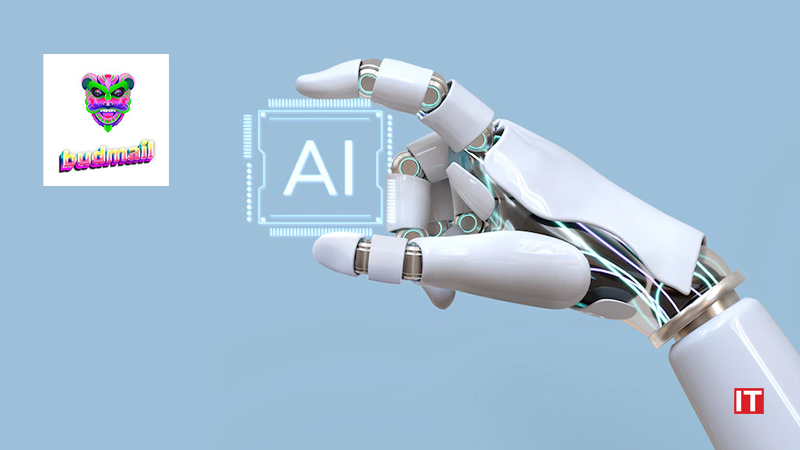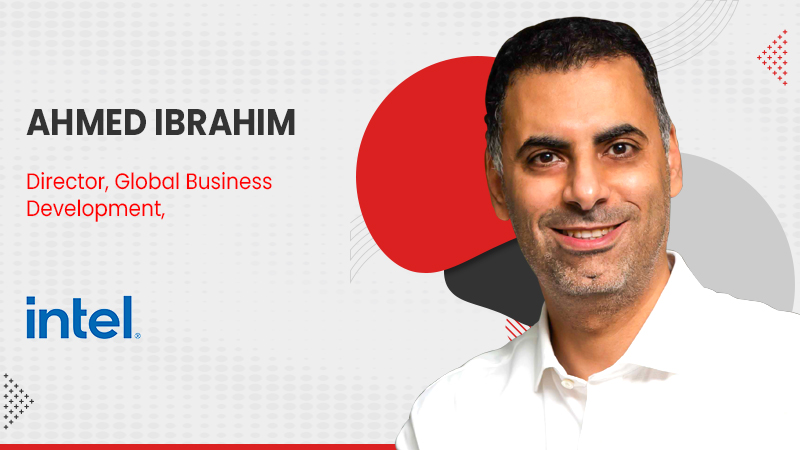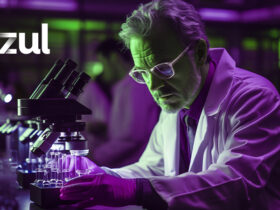Fairtility, the transparent AI innovator powering in vitro fertilization (IVF) for improved outcomes, announced the findings from its comprehensive study, Pseudo Contrastive Labeling for Predicting IVF Embryo Development Potential, published in Scientific Reports, a Nature Portfolio journal. The study aimed to apply a new method of identifying embryo development potential for greater accuracy in embryo quality and improved IVF success rates.
Researchers assessed novel and proprietary AI algorithms to determine the efficacy of the algorithms to automatically predict embryo potential in comparison to human assessment and the commercial KIDScore-D3 (manually annotated). The study found that the AI algorithms developed by Fairtility™ outperformed human assessment as well as the existing FDA-approved system of embryo classification and selection. In addition, the AI algorithm provides accurate and transparent prediction as early as 30 hours post-fertilization.
IVF is known to have precarious results with a success rate of just 30 percent per cycle. Traditionally, embryo morphology evaluation under a microscope reveals low prediction for implantation, leading to more than one candidate embryo selected for transfer in order to achieve reasonable pregnancy rates. However, this method of multiple embryo transfers may lead to a multiple pregnancy and subsequent high-risk pregnancy for the mother and fetuses.
“Prospective parents experience incredible emotional and physical strains, not to mention a tremendous financial burden throughout the IVF process,” said Dr. Assaf Ben Meir, the IVF Director and fertility specialist at Hadassah Medical Center, Chief Medical Officer of Fairtility™ and study co-author. “Current methods of embryo selection are based on morphological characteristics impacted by observer/clinician variability, essentially an educated shot in the dark. It is incumbent on the fertility community to find better solutions to support patients through the fertility journey, and to help increase their chances of becoming parents.”
Classifying algorithms for optimal embryo selection offers the potential of improving success rates. Advancements in available technology such as time-lapse incubation (TLI) facilitate training data needed to develop a non-invasive, accurate assessment of embryo viability, potentially leading to improved pregnancy rates. TLI captures a single embryo image every 15 to 20 minutes, providing a detailed and continuous overview of the embryo throughout its development. Such videos enable embryologists and clinicians to evaluate and choose the most prominent embryos for transfer. Data points captured by TLI contain significantly increased information, compared with the dispersed microscope images traditionally used. The latter catalyzes manual and tedious processes, which make them prone to subjectivity and sub-optimal outcomes.
To address the issue of variability in embryo selection, this method of identification focuses on embryo development over a five-day period. TLI images, retrospectively collected, were used to train the AI algorithm to recognize milestone events in embryo development to predict embryo quality. This automatic algorithm produced more objective and accurate predictions with explainable and transparent evaluation of the embryo potential.
Also Read: Alchemy Solar Financing SaaS Platform
Research partners in the study included Dr. Erlich from The Alexander Grass Center for Bioengineering, Dr. Ben-Meir from Hadassah Medical Center OB/GYN Fertility and IVF Unit, Dr. Har-Vardi from Soroka University Medical Center OB/GYN Fertility and IVF Unit, Dr. Grifo, Dr. Wang, Dr. Mccaffrey and Dr. McCulloh from New York University Langone Prelude Fertility Center, Dr. Or from Kaplan Medical Center OB/GYN Fertility and IVF Unit, and Dr. Wolf from The School of Computer Science, Tel Aviv University.
About Fairtility
Fairtility is powering in vitro fertilization (IVF) through transparent AI to improve outcomes. Equipping clinicians and their patients with unparalleled visibility into IVF treatment, CHLOE™ (Cultivating Human Life through Optimal Embryos) is the first and only transparent AI-based decision support tool that provides clinicians with complete visibility into the clinical and laboratory parameters that make up data output to help improve IVF outcomes.

































